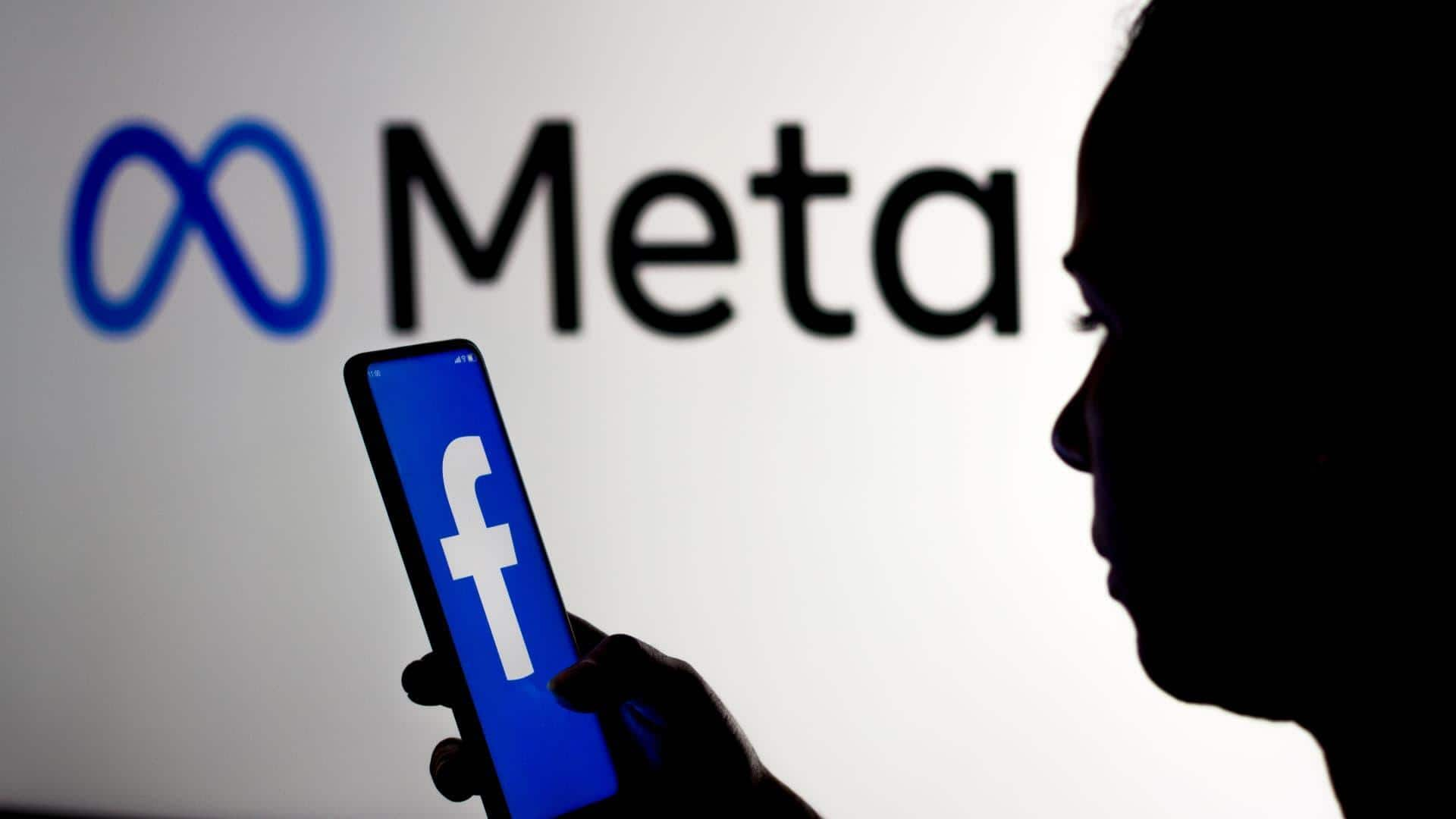
EU says Meta's 'pay or consent' ad model violates DMA
What's the story
The European Union (EU) has officially charged Meta, the parent company of Facebook and Instagram, with breaches of its Digital Markets Act (DMA).
The European Commission, the EU's executive body, stated in a preliminary ruling that Meta's "pay or consent" advertising model infringes on Article 5(2) of the DMA.
This model was introduced last year for Facebook and Instagram users without offering a third option that uses less data for ad targeting but remains free to use.
Binary choice
Meta's advertising model under EU scrutiny
The Commission's investigation found that Meta's model presents users with a "binary choice": to pay for an ad-free version of Facebook and Instagram or consent to the ad-supported version.
The violation, according to the Commission, lies in Meta not offering a free version that uses less personal data but is equivalent to the 'personalized ads' based service.
This prevents users from freely consenting to their personal data being combined, as required by Article 5(2) of the DMA.
User consent
EU seeks to empower citizens over data control
Margrethe Vestager, the leader of the region's competition policy, expressed that Meta's advertising model fails to comply with the DMA.
She emphasized the need to empower citizens to control their own data and choose a less personalised ads experience.
Article 5(2) of the DMA mandates gatekeepers to obtain users' consent for combining their personal data between core platform services and other services, without making use of service or certain functionalities conditional on users' consent.
Company response
Meta responds to EU's formal charges
In response to the charges, Meta spokesperson Matthew Pollard stated that their "subscription for no ads follows the direction of the highest court in Europe and complies with the DMA."
He expressed eagerness for further constructive dialog with the European Commission to conclude this investigation.
The Commission has informed Meta of its charges and provided an opportunity for the company to respond.
Financial consequences
Potential penalties for Meta's DMA violations
If Meta is found guilty when the investigation concludes next year, the EU could impose a fine of up to 10% of its total worldwide revenue.
This could potentially amount to as much as $13.4 billion based on its 2023 results.
The penalty could escalate to up to 20% if the company continues violating the DMA after being charged.